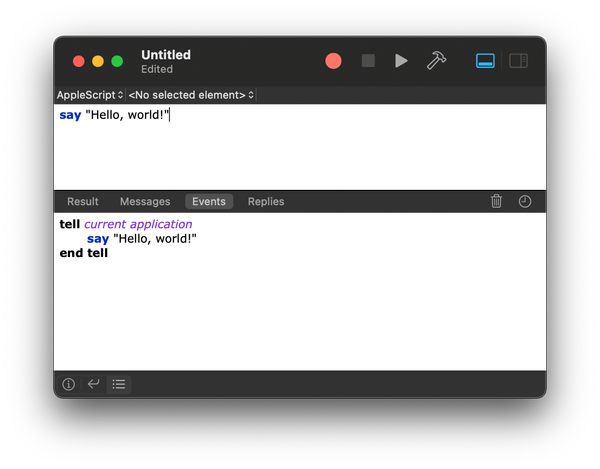Introduction to Stellar: A Decentralized Financial Network
Stellar is a decentralized financial network that enables fast, low-cost transactions and cross-border payments. In this article, we will dive into the technical details of the Stellar Consensus Protocol (SCP)

Introduction
Stellar is a decentralized financial network that enables fast, low-cost transactions and cross-border payments. In this article, we will dive into the technical details of the Stellar Consensus Protocol (SCP), the underlying consensus algorithm that powers the Stellar network. We will explore its key features, advantages over other consensus algorithms, and its role in ensuring the integrity and security of the network.
Background
The Stellar Consensus Protocol (SCP) is a federated Byzantine agreement (FBA) algorithm designed to provide decentralized consensus in a network of distributed nodes. It was introduced by David Mazieres in 2015 as a solution to the scalability and efficiency limitations of traditional consensus algorithms, such as proof-of-work used in Bitcoin.
The Stellar Consensus Protocol
SCP operates based on the principles of quorum slices and quorum intersection. Each node in the Stellar network maintains a list of other nodes it considers trustworthy, known as its quorum slice. A quorum is a set of nodes that has the property of quorum intersection, meaning that any two quorums must have at least one node in common.
The SCP ensures that all transactions are agreed upon by a sufficient number of nodes before they are considered valid. This is achieved through a multi-round voting process, where nodes exchange messages to reach a consensus on the state of the network. The protocol guarantees safety, meaning that all honest nodes agree on the same set of transactions, and liveness, ensuring that the network continues to make progress even in the presence of failures.
Advantages of SCP
One of the key advantages of SCP is its ability to handle network partitions and node failures. In the event of a temporary network outage or a node going offline, the protocol allows for recovery by having other nodes recognize reincarnated nodes and automatically update their slices. This ensures that the network can resume consensus even after a prolonged outage.
Another advantage of SCP is its efficiency and low resource requirements. Unlike proof-of-work algorithms, SCP does not rely on computationally intensive mining processes. This makes Stellar more environmentally friendly and allows for faster transaction confirmation times, typically within a few seconds.
Additionally, SCP promotes decentralization by allowing participants to freely choose their quorum slices. This prevents the concentration of power in a few nodes and enhances the overall security and resilience of the network.
Theorems and Proofs
The SCP is backed by rigorous mathematical proofs that guarantee the correctness and termination of the protocol. For example, Theorem 15 states that if an intact node has reached the CONFIRM phase with a specific ballot, eventually all intact nodes will terminate. These proofs provide confidence in the reliability and stability of the Stellar network.
Conclusion
Stellar and its underlying Stellar Consensus Protocol offer a compelling solution for decentralized financial transactions. By leveraging the power of federated Byzantine agreement, Stellar ensures fast, low-cost, and secure transactions, making it an ideal platform for cross-border payments and financial applications. With its emphasis on decentralization and scalability, Stellar is poised to revolutionize the way we conduct financial transactions in a globalized world.
Note: This article is for informational purposes only and should not be considered as financial advice. Always do your own research and consult with a qualified financial advisor before making any investment decisions.



